
Ottawa Senators
28th Season
First Game Played October 8, 1992
Primary Logo
Logo 2007-Present
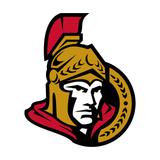
Alternate Logo
Alternate Logo 2007-Present

Historical Moments
After a 58-year absence the NHL returned to Ottawa as the Senators were resurrected as an expansion team. On October 8th playing at the old Ottawa Civic Centre the Senators made their return a successful one as they beat the Montreal Canadiens 5-3, scoring the first goal early in the second period was Neil Brady.
However, despite the auspicious debut against the eventual Stanley Cup Champions, the Senators would play awful hockey all season winning just ten games as they finished dead last with a terrible record of 10-70-4.
Senators Best
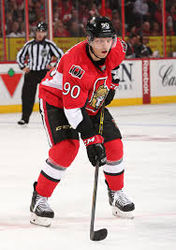
Alex Chiasson
2014-2016
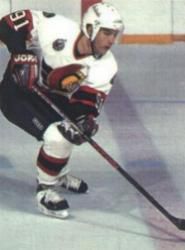
Alexandre Daigle
1993-1998
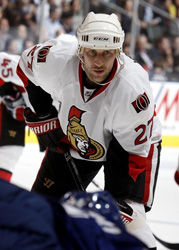
Alexei Kovalev
2009-2011
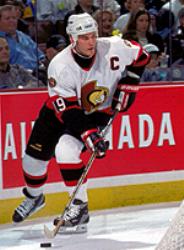
Alexei Yashin
1994-2001
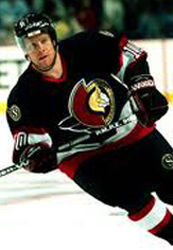
Andreas Dackell
1996-2001
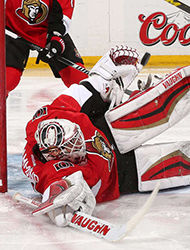
Andrew Hammond
2013-2017
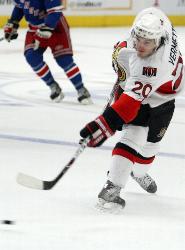
Antoine Vermette
2003-2009
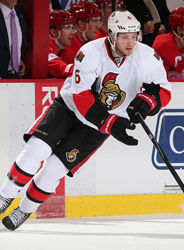
Bobby Ryan
2013-Present
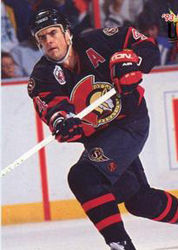
Brad Shaw
1992-1995
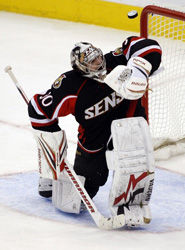
Brian Elliott
2007-2011
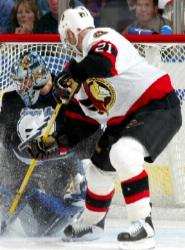
Brian Smolinski
2002-2006
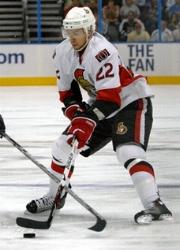
Chris Kelly
2003-2011
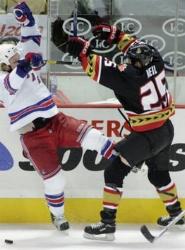
Chris Neil
2001-2017
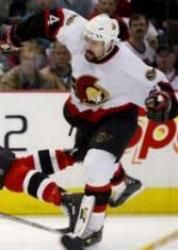
Chris Phillips
1997-2015
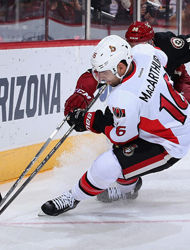
Clarke MacArthur
2013-2018
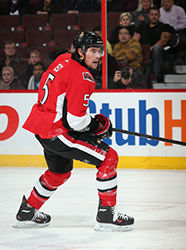
Cody Ceci
2013-2019
Senators Stadiums
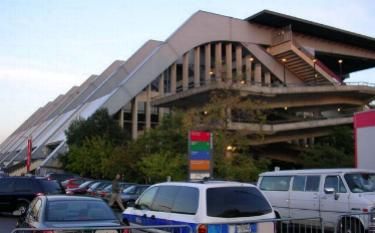
1992-1996
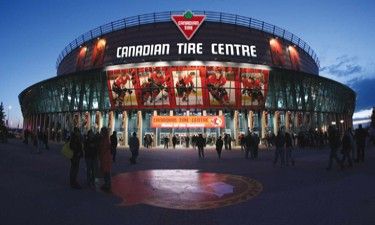
1995-Present